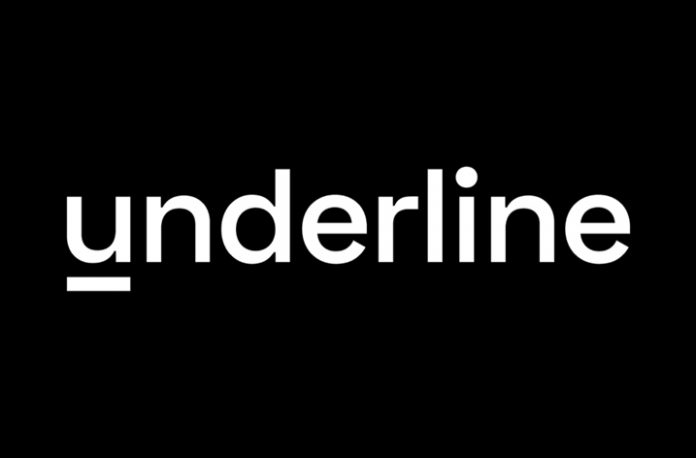
Striving to lead the way on accessibility, Underline Science recently enhanced its website with the assistance of responsive web design services in order to achieve full WCAG and ADA compliance. These new features promote equitable access for the vision- and hearing-impaired and persons with photosensitive epilepsy and ADHD, among other disabilities impacting website user experience.
Libraries are the cornerstone of information access and educational material. As such equitable access to digital content should no longer be negotiable—but an ethical priority.
As a provider of public digital content to the university library community, Underline Science aims to promote the fullest use of its resources to the greatest number of people. The new website integrates AI technology to reduce common barriers that might otherwise hinder access to videos and library content for people with disabilities and impairments. This provides every visitor, student, faculty, staff member, and researcher equal access to a database filled with scholarly conference presentations.
Governments around the world have recently taken steps to center digital content accessibility for people of all abilities. Laws such as the 2019 Accessible Canada Act, EU Web Accessibility Directive, and European Accessibility Act strive to create an internet free of barriers.
The Underline site is now in full compliance with a range of recent American and Canadian accessibility guidelines, including WCAG and ADA guideline adherence. Users can configure the new Accessibility widget to meet their personal needs, clicking on the blue icon at the middle-left corner of their page.
Some of the measures readers can activate include: • Seizure-safe profiles with reduced color and flashing images • Vision-impaired profiles with ARIA best behavioral adjustments, enhanced visuals, and text size adjustability • ADHD-friendly profiles with fewer distractions and a highly focused layout • Cognitive disability profiles with assisted reading and a streamlined layouts • Optimized keyboard navigation for motor-impaired users • Content highlighting, to emphasize selected elements only • Audio muting • Printing mode • A search engine linked to Wiktionary and Wikipedia, so users with cognitive differences can easily grasp the meanings of phrases, slang, and complex terms
These are just a handful of the ways in which users can configure content to meet their precise needs. By putting these users in the driver’s seat of their own research experience, Underline democratizes the research experience like never before.
“University library patrons—faculty, students, researchers, and others—are a microcosm of the larger society; a society that includes between 10% and 20% of people with disabilities,” points out David Parker, Director of Product Management at Underline Science.
“Our website and our product must serve 100% of our community. It’s a good social practice and it’s good business,” he adds.
Centering accessibility is also an ongoing process. As such, the site will continue to change and develop to stay at the forefront of meeting compliance regulations and users’ needs.
Underline Science is leading the way in academic research capabilities. Grow your scientific network and tap into the global ecosystem to help solve some of the most pressing research challenges of our time. Join the community today.
www.underline.io



























